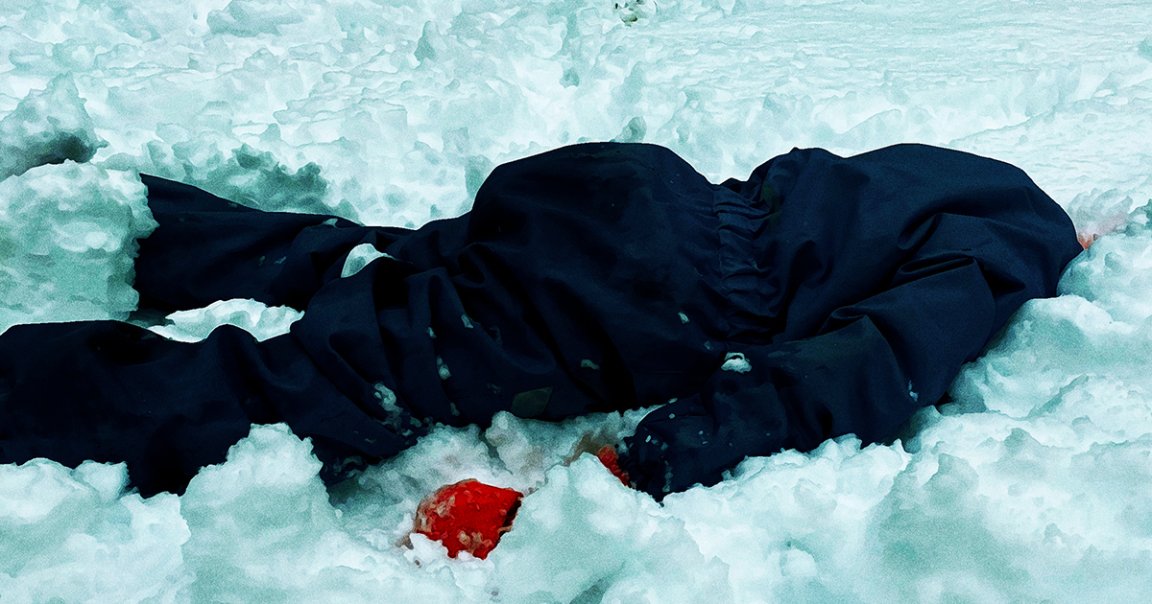
Two hikers trying to tackle Unnecessary Mountain near Vancouver, British Columbia, had to call in a rescue team after they stumbled into snow. The pair were only wearing flat-soled sneakers, unaware that the higher altitudes of a mountain range only some 15 degrees of latitude south of the Arctic Circle might still be snowy in the spring.
“We ended up going up there with boots for them,” Brent Calkin, leader of the Lions Bay Search and Rescue team, told the Vancouver Sun. “We asked them their boot size and brought up boots and ski poles.”
It turns out that to plan their ill-fated expedition, the hikers heedlessly followed the advice given to them by Google Maps and the AI chatbot ChatGPT.
Now, Calkin and his rescue team are warning that maybe you shouldn’t rely on dodgy apps and AI chatbots — a piece of technology known for lying and being wrong all the time — to plan a grueling excursion through the wilderness.
“With the amount of information available online, it’s really easy for people to get in way over their heads, very quickly,” Calkin told the Vancouver Sun.
Across the pond, a recent report from Mountain Rescue England and Wales blamed social media and bad navigation apps for a historic surge in rescue teams being called out, the newspaper noted.
Stephen Hui, author of the book “105 Hikes,” echoed that warning and cautioned that getting reliable information is one of the biggest challenges presented by AI chatbots and apps. With AI in particular, Hui told the Vancouver Sun, it’s not always easy to tell if it’s giving you outdated information from an obscure source or if it’s pulling from a reliable one.
From his testing of ChatGPT, Hui wasn’t too impressed. Sure, it can give you “decent directions” on the popular trails, he said, but it struggles with the obscure ones.
Most of all, AI chatbots struggle with giving you relevant real-time information.
“Time of year is a big deal in [British Columbia],” Hui told the Vancouver Sun. “The most sought-after view is the mountain top, but that’s really only accessible to hikers from July to October. In winter, people may still be seeking those views and not realize that there’s going to be snow.”
When Calkin tested ChatGPT, he found that a “good input” made a big difference in terms of the quality of the answers he got. Of course, the type of person asking a chatbot for hiking advice probably won’t know the right questions to ask.
Instead of an AI chatbot, you might, for instance, try asking a human being with experience in the area you’re looking at for advice, Calkin suggested, who you can find on indispensable founts of wisdom like Reddit forums and Facebook groups.
“Someone might tell you there’s a storm coming in this week,” Calkin told the Vancouver Sun. “Or I was just up there Wednesday and it looks good. Or you’re out of your mind, don’t take your six-year-old on that trail.”
More on AI: Elon Musk’s AI Just Went There